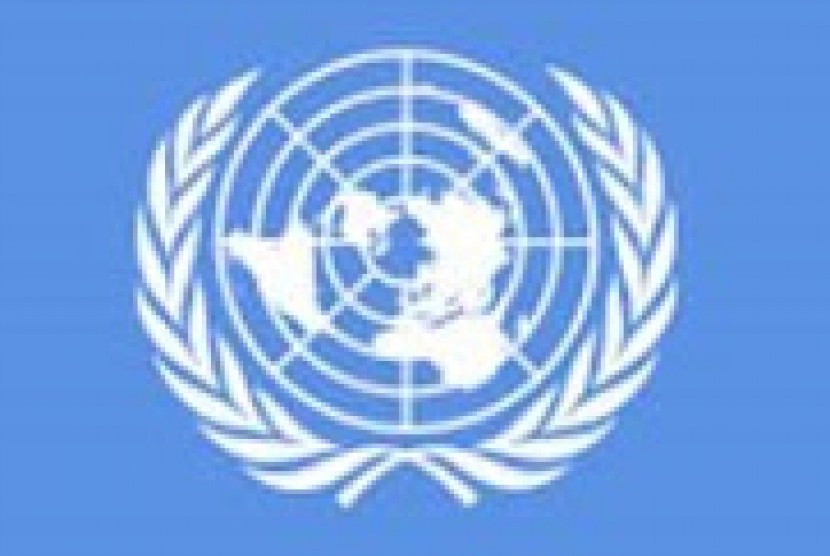REPUBLIKA.CO.ID, JAKARTA -- A United Nations human rights official has urged Indonesia not to follow through with the executions of eight people who were convicted of drug-related offences.
"I urge the Government of Indonesia to establish a moratorium on execution with a view of its complete abolition, in order to comply with the international move towards the abolition of the death penalty," UN Special Rapporteur on extrajudicial executions Christof Heyns was quoted as saying by UN News Center on Friday.
He urged a halt to further executions of people convicted of such offences, after six prisoners were executed in January and Indonesian officials announced that eight more would be executed by firing squad in the coming days.
"Under international law, the death penalty is regarded as an extreme form of punishment which, if it is used at all, should only be imposed for the most serious crimes, that is, those involving intentional killing, and only after a fair trial, among other safeguards," Heyns said.
"However, despite, several appeals by UN human rights experts and civil society organizations urging the Indonesian Government to reconsider imposing the death penalty for drug related offences, the authorities decided to execute six people by firing squad on 18 January 2015," he noted.
The UN human rights office said that the available information suggests that the 14 people were convicted after unfair trials, according to the UN News Center on its official website.
Twelve of the people are foreign nationals who did not receive adequate interpreting services or the right to translators or lawyers at all stages of their trials and appeals.
"Any death sentence must comply with international obligations related to the stringent respect of fair trial and due process guarantees, as stipulated in the International Covenant on Civil and Political Rights, to which Indonesia is a State party," Heyns said.
"I previously expressed concerns over the imposition of death penalty for drug related offenses, and that such death sentences undertaken in contravention of Indonesia?s international human rights obligations is tantamount to an arbitrary execution," he remarked.
He said the International Covenant provided that anyone sentenced to death shall have the right to seek pardon or commutation of the sentence.
"I regret that the authorities continue to execute people in violation of international human rights standards," Heyns added.
Independent experts or special rapporteurs are appointed by the Geneva-based Human Rights Council to examine and report back on a country situation or a specific human rights theme. The positions are honorary and the experts are not UN staff, nor are they paid for their work.
Earlier, Reuters reported that United Nations Secretary-General Ban Ki-moon appealed to Indonesia not to execute prisoners on death row for drug crimes, including citizens of Australia, Brazil, France, Ghana, Indonesia, Nigeria and the Philippines.
U.N. spokesman Stephane Dujarric said Ban had spoken with Indonesian Foreign Minister Retno Marsudi on Thursday "to express his concern at the recent application of capital punishment in Indonesia."
"The United Nations opposes the death penalty under all circumstances," Dujarric said in a statement on Friday.
"The Secretary-General appeals to the Indonesian authorities that the executions of the remaining prisoners on death row for drug-related offenses not be carried out."


